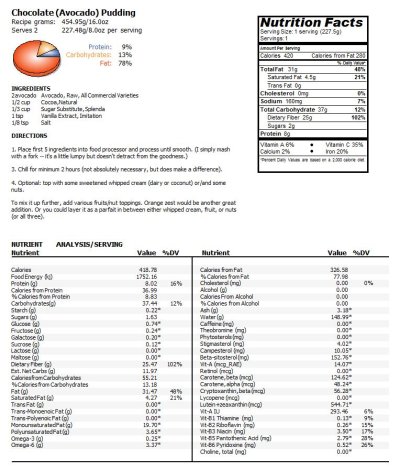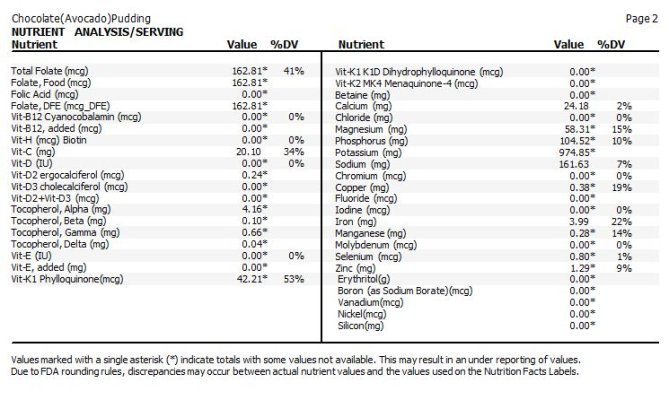HFWR
Give me a museum and I'll fill it. (Picasso) Give me a forum ...
This is true but not in the sense of obeying Newton's Third Law -- that requires a "closed System" and the human body is hardly that.
It is true in the sense that if your body stores those calories as body fat, you will gain weight. However, if your body uses those calories as fuel, you will not. That is what Taubes' book title is all about -- "Good Calories, Bad Calories."
If you eat the proper food, calories don't count.
For me personally (and YMMV) "proper" food does not include most carbohydrates.
Nope...
Note that I didn't mention thermodynamics, because I agree that the human body is not a closed system. But you cannot consume 3000 kcal, and expend 2000 kcal, and not gain weight. If you're using calories as fuel, you're not at a calorie surplus...
Good Calories, Bad Calories: The Mythology of Obesity, or The Mythology of Gary Taubes? » Weightology
Whole Health Source: The Carbohydrate Hypothesis of Obesity: a Critical Examination
Thin Body of Evidence: Why I Have Doubts about Gary Taubes’s Why We Get Fat | Cross-Check, Scientific American Blog Network
Skeptic » eSkeptic » Wednesday, January 5th, 2011


